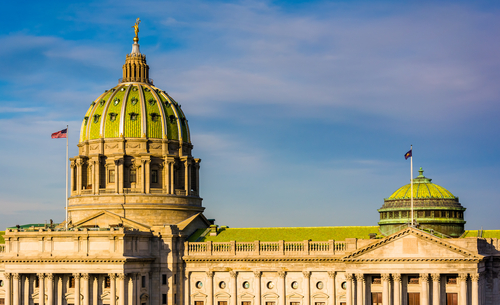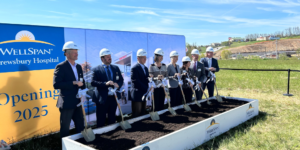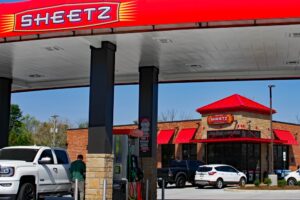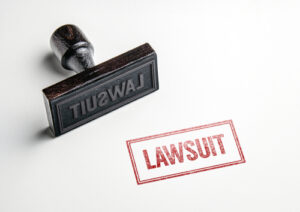A new survey claims to show that three-quarters of Pennsylvania’s small-business owners support the creation of a state-backed retirement plan that would automatically enroll workers — the kind of plan that was approved earlier this year in the state House.
- Nearly a quarter, or 26%, “strongly support” the idea, according to the survey, conducted by The Pew Charitable Trusts, which supports the state-backed plan, known as Keystone Saves.
- However, one of the state’s largest small-business groups, NFIB Pennsylvania, found that 84% of its members reject the idea, according to Greg Moreland, state director for the group, which has 13,000 members.
- In an interview, a Pew executive defended its survey, conducted by research firm SSRS of 500 small-business owners
- “I feel confident that our responders really understand what the program is about,” said John Scott, Pew’s director of retirement savings.
Why is this happening: Debate over Keystone Saves has been raging on and off for much of this year.
- The state House passed the legislation in May on a vote of 106 to 95, with mostly Democratic support. But it has yet to move in the state Senate.
- Backers include state Treasurer Stacy Garrity, a Republican, who made a pitch for the idea in March.
- NFIB is asking lawmakers to hold off, however, until the impact of a new federal law is clearer, said Moreland.
Which law: The Secure 2.0 Act, which offers incentives like tax credits to small businesses for establishing retirement plans and for automatically enrolling workers in them. It became law at the end of 2022.
- “That’s a tangible reward for starting a program that’s going to benefit the company and the employees,” Moreland said. “Starting a state-run auto IRA does absolutely nothing for the small-business owner.”
- The NFIB also is concerned that while an auto-IRA program may be voluntary at first, it won’t stay that way, potentially leading to fines and penalties for businesses that do not participate.
- Scott acknowledges that some state programs are mandatory. But he argued that they pose little to no burden to small businesses.
- The federal Secure 2.0 Act is a positive step, he added. But he questioned how much help it would offer to small businesses looking to set up retirement plans.
- “They find it very costly and I don’t think the tax incentives will change that a great deal,” he said.
The trend: As of late 2023, 15 states had created automated IRA programs for private-sector employees.
- The programs are designed to alleviate potential shortfalls in retirement savings, which ultimately could cost state governments if they have to step in to help retirees, according to program advocates.
- The programs typically enroll workers who lack access to a company-sponsored plan.
- Total assets in the existing state plans came to $990.5 million in October, according to the Center for Retirement Initiatives at Georgetown University.








